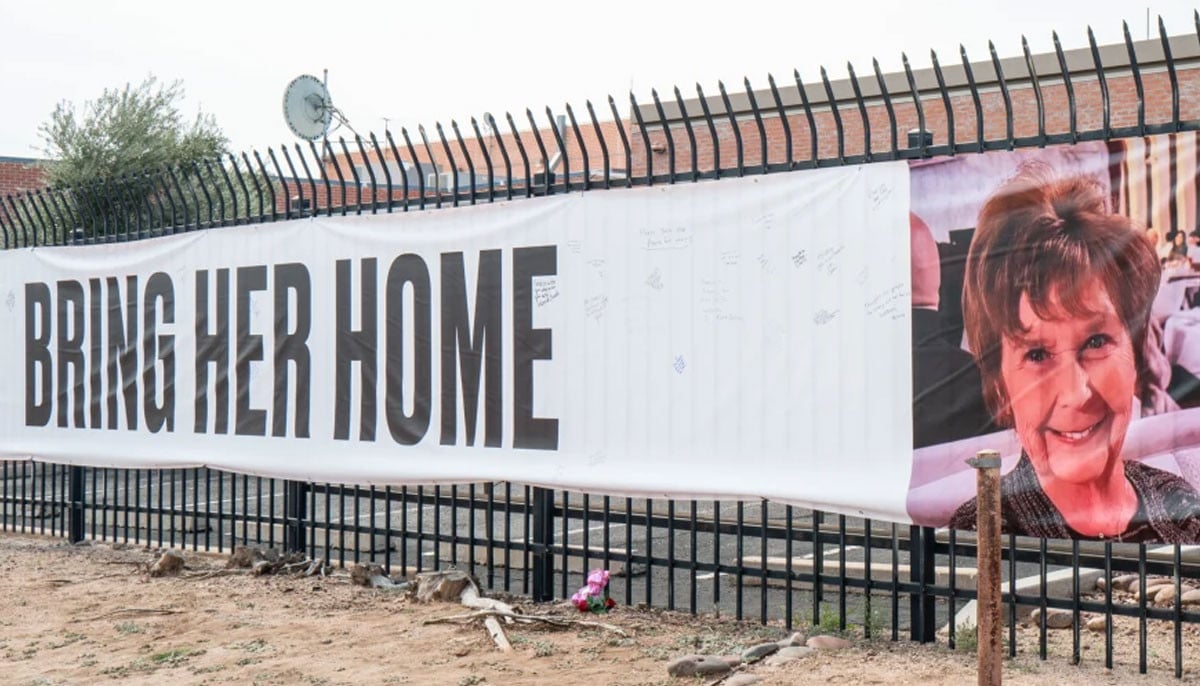US Muslim inmate executed after denial of his request for Imam at his side
Domineque Hakim Ray, a 42-years-old African-American man, was pronounced dead on Thursday of a lethal injection at the state prison in Atmore, Alabama.
NEW YORK: A Muslim inmate, who argued his religious rights were violated because the US state of Alabama would not allow his Imam by his side at his execution, has been put to death, according to media reports on Saturday.
Domineque Hakim Ray, a 42-years-old African-American man, was pronounced dead on Thursday of a lethal injection at the state prison in Atmore, Alabama.
Ray had argued Alabama’s execution procedure favours Christian inmates because a Christian chaplain employed by the prison typically remains in the execution chamber during a lethal injection, but the state would not let his Imam be present.
Attorneys for the state said only prison employees are allowed in the chamber for security reasons.
Ray’s Imam, Yusef Maisonet, had to watch the execution from an adjoining witness room.
The U.S. Circuit Court of Appeals on Wednesday had stayed the execution over the religious arguments, but the U.S. Supreme Court cleared the way for it to proceed in a 5-4 decision Thursday evening.
Supreme Court Justice Elena Kagan wrote in a dissent that the dissenting justices considered the decision to let the execution go forward “profoundly wrong.”
Massoud, government affairs coordinator for the Alabama chapter of the Council on American Islamic Relations (CAIR), said, "We maintain that this was religious discrimination because the bottom line is that Christian [death row] inmates are provided with spiritual advisers until the very last moment, and the Muslim inmates are not."
Ray was sentenced to death in 1999 for the killing of Tiffany Harville, 15, who disappeared from her Selma, Alabama, home in July 1995. Spencer Hahn, one of Ray's lawyers, said he was appalled that Ray received unequal treatment at his death because he was a member of a religious minority.
"Domineque was a devout Muslim and a human being. He was a son, a father, a brother. He wanted equal treatment in his last moments," Hahn wrote in a statement.
-
Hilarie Burton reveals Valentine's Day plans with Jeffrey Dean Morgan
-
Jacob Elordi, Margot Robbie on 'devastating' scene in 'Wuthering Heights'
-
China to implement zero tariffs on African imports in major trade shift
-
Jack Thorne explains hidden similarities between 'Lord of the Flies' and 'Adolescence'
-
Elon Musk vs Reid Hoffman: Epstein files fuel public spat between tech billionaires
-
New Zealand flood crisis: State of emergency declared as North Island braces for more storms
-
Nancy Guthrie case: Mystery deepens as unknown DNA found at property
-
James Van Der Beek's final conversation with director Roger Avary laid bare: 'We cried'












